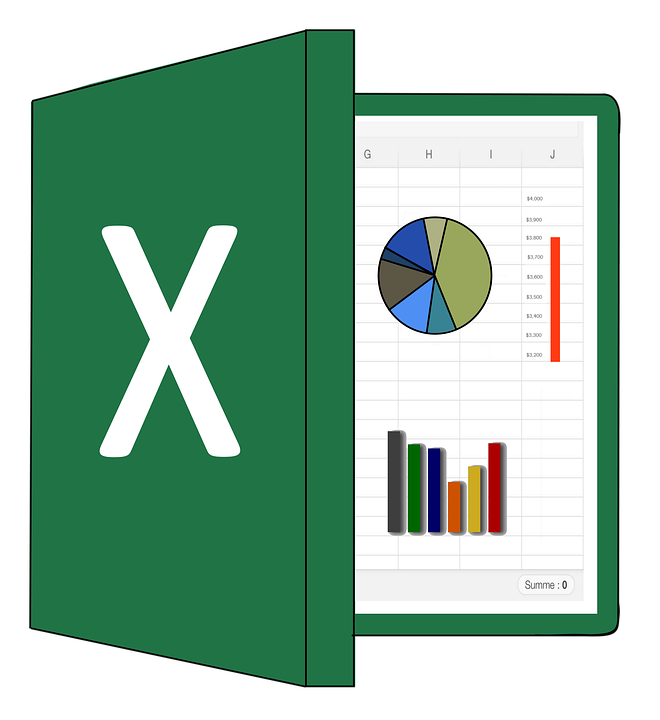Explore Small Business Finance Topics
Discover our most popular topics for Canadian solopreneurs and small business owners. From income tax and GST/HST to QuickBooks tutorials and managing your business finances, these guides are designed to help you move from financial uncertainty to financial confidence.
Click on any topic and scroll down to see related articles.
📑Canadian Income Tax
Guidance on filing and planning your Canadian taxes, from T1 and T2 returns to instalments
📊Managing Business Finances
From cash flow to pricing and metrics — learn to manage your business finances with confidence.
🏢 Canadian Business Structure
Should you incorporate? Stay informed on sole proprietorships, corporations, and registrations.
💰 GST/HST & QST
Understand how to register, file, and maximize input tax credits while avoiding common mistakes.
🧾 Guides and Tutorials
Practical accounting processes like reconciliations, journal entries, and reporting.
📝 Deductions & Expenses
Learn which expenses are CRA deductible and how to track them for maximum tax savings.
Quebec Taxes & Business
QST, Revenu Québec filings, Quebec payroll, and provincial rules every entrepreneur should know.
👤 Paying Yourself
Salary vs dividends, management fees, and how to pay yourself from your corporation or small business.
💻 QuickBooks Online & Tools
Tutorials, guides and time-saving tips for using QuickBooks Online effectively.
🏦 Money & Personal Finance
Personal finance strategies for entrepreneurs, from RRSPs to saving for taxes.

Excel for Small Business Owners
As a confirmed excel nerd, there is something about large amounts of data that I am inextricably drawn towards . I suppose it has something to do with an affinity for organization combined with a love of numbers and the innate desire to solve problems. As an accountant and financial consultant , I am often presented with the task of organizing and analysing data into a format that allows for greater insight into my clients businesses . And although good accounting software is important for most small business owners, especially once they reach a certain size, a great deal of analysis and reporting is done most effectively in excel.

How to determine if your business idea Is profitable
I have spoken to and mentored many lovely entrepreneurs who have wonderfully innovative ideas for a new business. But, as any business owner can attest to, starting a new business is hard work. Before even thinking about launching, you need to ensure that the business is actually viable. You do this by assessing your market, reviewing potential demand for your product and analyzing the competition. Once you have done this, you then need to ensure that your business can be profitable.
In order to determine profitability, you need to understand both the pricing of your products and/or services and the relevant costs. This can be difficult to do especially when you don’t have any history. Your only choice is to estimate based on the best information available. In this article, I give you some guidance on the financial information that you need to compile.

18 Accounting Terms that every new business owner should know.
When starting a new business, you will be subjected to a variety of financial jargon. This can come from your bank, Revenue Canada or Revenue Quebec, suppliers, customers and various other business partners. If you are unfamiliar with this terminology, these requests which are often quite straightforward, can become stressful if you are not exactly sure what they mean. It is important, therefore, to arm yourself with at least a basic vocabulary of the most common financial and accounting terminology that will give you a better understanding of your business and therefore be well equipped to answer any questions that come your way.
